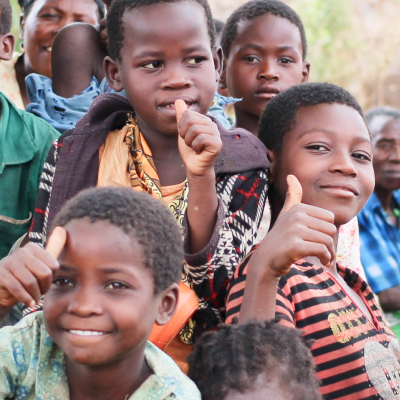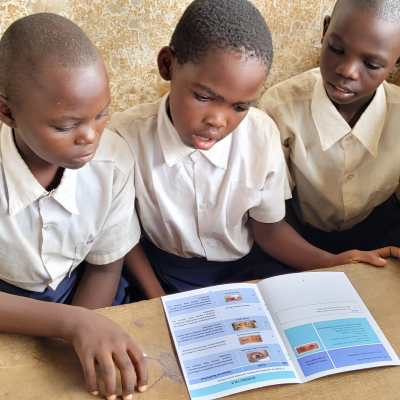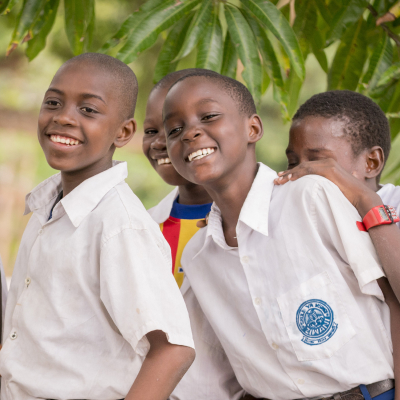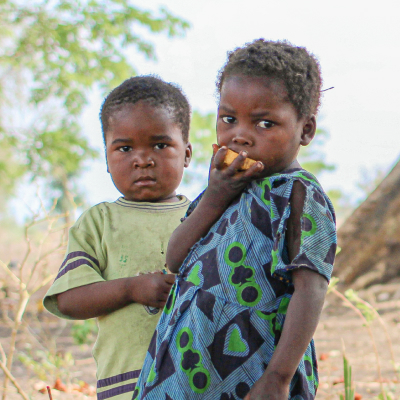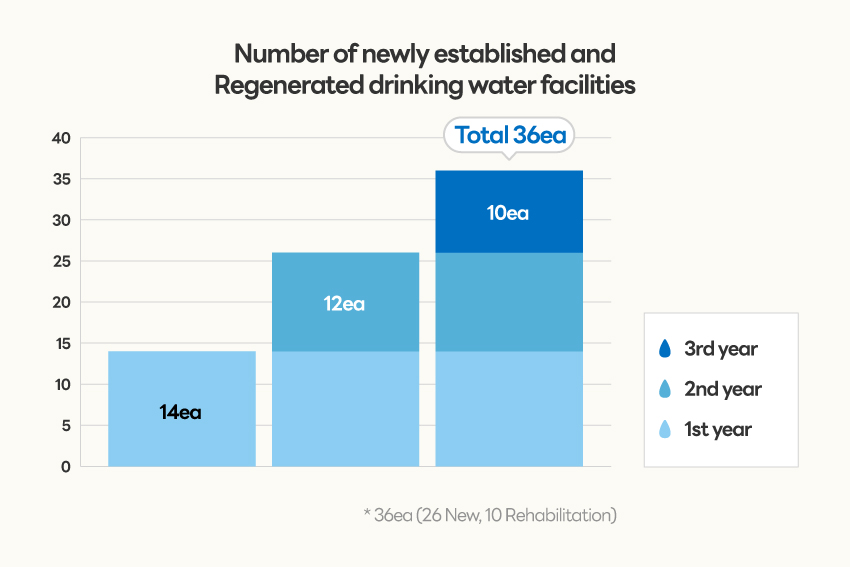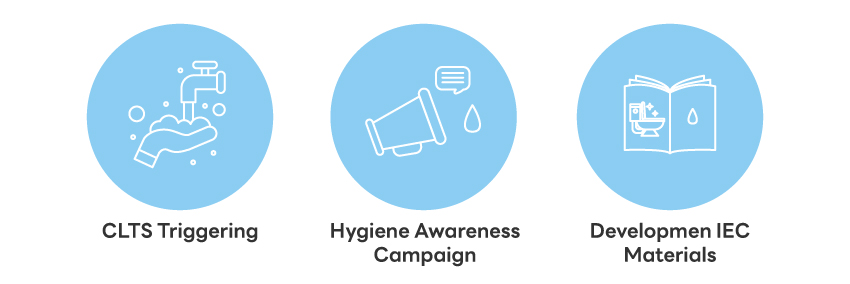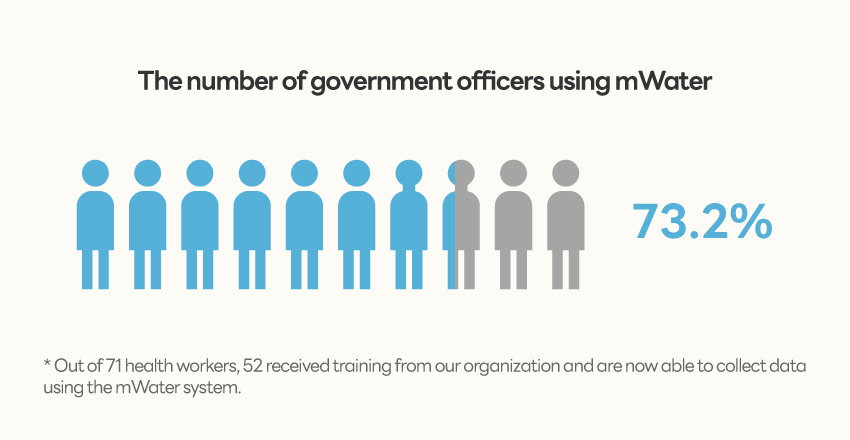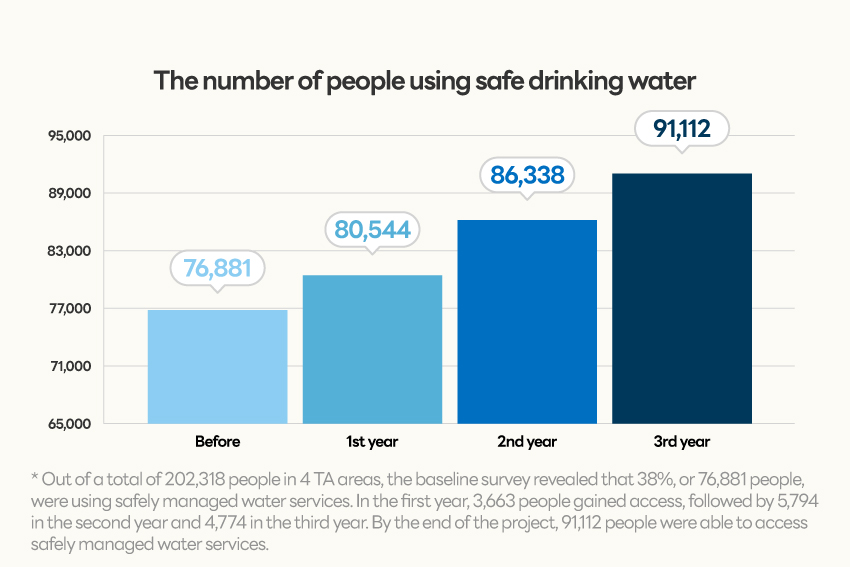Over the past 3 years from 2022 to 2024, the WASH improvement project in Machinga, Malawi implemented by Heart-Heart Foundation with KOICA has successfully completed.
With support from the KOICA and Heart to Heart Foundation has been carrying out a 3 years project focused on improving water and sanitation conditions in Machinga, Malawi. Through this project, we have provided safer and more sustainable environment to local communities.
Presentation of the certificate of appreciation during the project handover ceremony
Machinga was a area with lacking a lot of safe water facilities even within Malawi. And most households didn’t have sanitation facilities(latrine, hand-washing facilities) or even if they had them, they were in very poor condition. As a result, community was in a vulnerable environment for waterborne diseases.
Poor environment and unsanitary drinking water sources
Let me introduce the achievements of local community and Heart-Heart Foundation while 3 years for sustainable WASH improvement in Machinga, Malawi.
We established 36 drinking water facilities in easily accessible location to the community and formed the WPC(Water Point Committee) in all villages where the facilities were built to ensure proper maintenance. Subsequently, we provided maintenance and management training for 36 committees(396 members).
Installation of drinking water facilities
Community using drinking water facilities
Sanitary facilities for vulnerable households (external/internal/)
We supported them in realizing the importance of sanitation and building sanitation facilities by themselves through CLTS (Community-Led Total Sanitation).
"Every year, in Global Hand washing Day (October 15th), we conducted campaigns to raise awareness and improve behaviors related to sanitation. Over the course of three years, more than 10,000 community members participated for 3 years
1) Highlighted the causes and transmission routes of infectious diseases to emphasize the importance of hand-washing
2) Provided guidance on how to construct hand-washing facilities (Tippy-Tap)
3) Educated on the correct timing and methods of hand-washing
Technicians to receive architectural technical training in SM activities(left)
Built the latrine by community themselves by CLTS(right)
We developed low-cost durable latrine models and created a catalog and distributed. This helped promote the construction of strong toilets. Additionally, we introduced the sanitation marketing, supporting the joint purchase of construction materials (cement), latrine lids and the hiring of builders. This has helped reduce the construction and financial burden. As a result, a total of 607 households improved their latrine through the introduction of sanitation marketing.
Community participating in the sanitation campaign(left)
Community of Chikweo and Mizinga villages get ODF certification(right)
The biggest achievement was that two out of the five target areas (Chikweo and Mizinga) received the NODF(National Open Defecation Free) certification from the central government.
*NODF(National Open Defecation Free)?
The central government verifies and certifies that all households in the region have built sanitation facilities (toilets and hand-washing stations), no longer practicing open defecation, and instead use the sanitation facilities.
Healthcare personnel receiving infectious disease prevention and management training(left)
Provide of medicine for waterborne disease response(right)
We provided infectious diseases response training for 264 local health workers. It was to be able to prevent disease outbreaks and respond quickly. In addition, we provided necessary medicines and supplies to 22 primary health centers to ensure timely health services for patients with infectious diseases.
Especially, we responded to cholera outbreaks in 2022 and 2023 by providing additional medical supplies and adapted to the local situation.
Through the project, we conducted ICT (Information and Communication Technology) training for government officials for managing and collecting WASH data. Also, we established foundation for timeliness and accuracy of datarelated to WASH through the platform.
As a result, 73.2% of the government officials in the Machinga using the system to collect and manage data. This has led to improvements in the timeliness and accuracy of data collection.
Health officials receiving ICT training on data collection and management(left)
Participants of WASH forum(right)
Additionally, the annual WASH forum implemented by Heart-Heart Foundation has been transformed into regular event with the participation of GOs(government office)s and NGOs(non-government offices) related to WASH part in the Machinga since 2023.
Before the project, the water and sanitation facilities were in very poor condition in the Machinga. Most community relied on unprotected water sources such as mountain puddles or lakes and there were no sanitation facilities, it lead to open defecation. As a result, they were exposed to the risks of waterborne diseases such as diarrhea, dysenter and cholera.
However, over 14,000 community members gained access to clean drinking water through this project and approximately 30,000 households started using improved sanitation facilities. It make them to escape the risks of waterborne diseases.
Koica and Heart-Heart Foundation have worked towards a sustainable WASH environment for Machinga. Going forward, local government and community will continue and improve the WASH environment. Please cheer for Machinga, Malawi. Thank you.
[Heart-Heart Foundation has completed the community-based WASHimprovement project (2022-2024) in Machinga District, Malawi, with the support of KOICA.]
